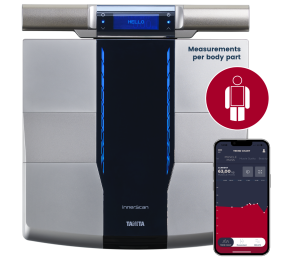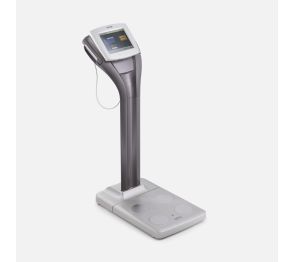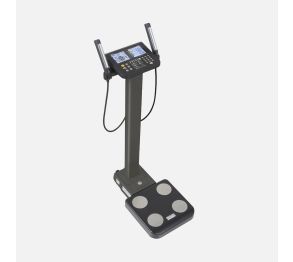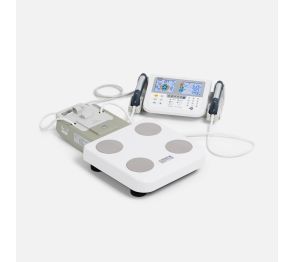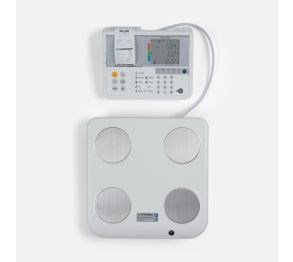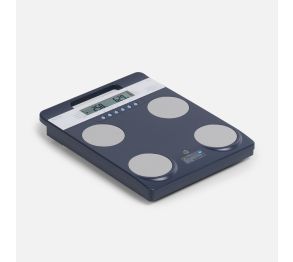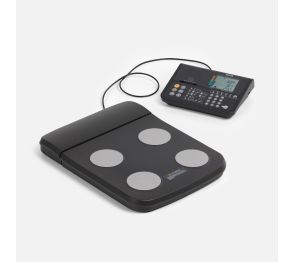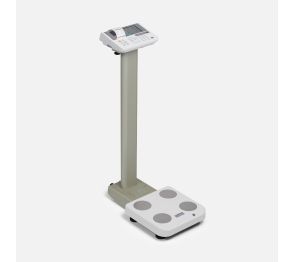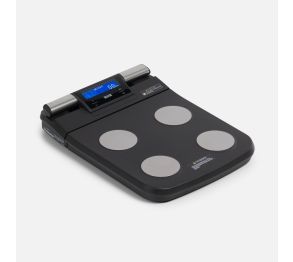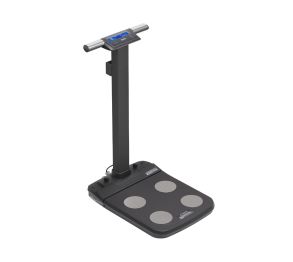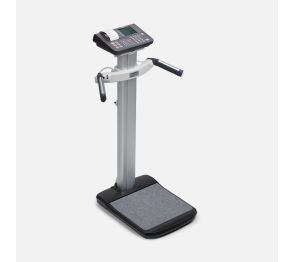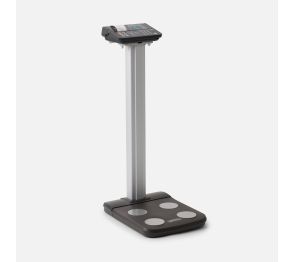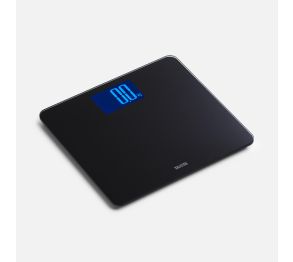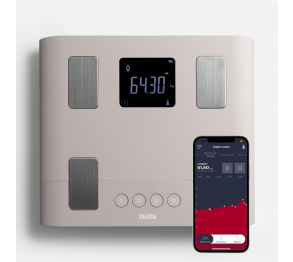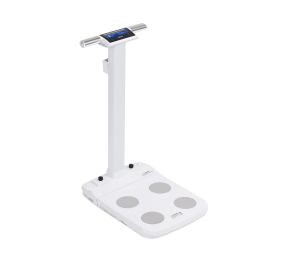Best time to weigh yourself?


The first question you are probably thinking is: Am I a healthy weight? Most answers to this question will involve a calculation of your body mass index or BMI which uses your height and weight to assess whether you are a ‘healthy’ weight.
The calculation is BMI = Weight (kg) / Height (m)² so if you are 70kg and 1.68m high, you will have a BMI of 24.8 and just sneak into the range of 18.5 – 25 which is considered healthy for a woman.
But what is this not telling us? It is not telling us how much exercise you do, how much lean muscle you have, how much body fat you have and where it is stored around your body.
If the BMI calculation reminds you too much of school maths lessons, you might just look at your weight measurement and that can be even more misleading; if you have lost weight, you might have lost fat, but you might also have lost muscle or just water. If your weight has gone up, is it because you have more stored fat, or might it be because you have built more healthy muscle?
So, the question you should be asking is not ‘how much do I weigh?’, but ‘how healthy am I?’
Your healthier, fitter life
Tanita is on a mission to help people lead fitter healthier lives and that starts with thinking ‘body composition’ rather than weight loss or BMI.
Weight alone doesn’t necessarily give a clear indication of good health. Stepping on the scales can’t show the difference between kilos or pounds that come from body fat and those that come from lean body tissue like muscle and bone. In fact losing weight can actually make you fatter! Crash diets and no exercise make your body fat percentage go up even though your body weight is decreasing.
By focussing on improving your hydration, building muscle and healthy eating you will be on a path to long-term health rather than short-term weight loss.
I’ve been eating healthily and exercising, so why am I not losing weight?
Often, when you start a new fitness programme you don’t appear to be losing weight because exercising and healthy eating will mean that you are reducing body fat and replacing it with newly developed pounds of lean muscle tissue, which is denser and thus heavier than body fat.
Is there a best time to ‘weigh’ yourself?
It is tempting to step onto your scale as soon as you wake up, but we all dehydrate as we sleep and so you will not get accurate readings first thing in the morning. We recommend you measure before your evening meal and after emptying your bladder.
How often should you ‘weigh’ yourself?
There is no hard and fast rule about how often you should step on your monitor and check your measurements, but readings can naturally fluctuate over short periods of time so it is sensible to take readings regularly, but not too frequently. Stepping to frequently onto your monitor and not seeing the desired results can cause a lot of mental stress. Therefor, we recommend to definitely not do this. An average of once a week should be ideal to give you a clear picture of the impact of your activity and healthy eating.
Share your success
By thinking ‘body composition’ rather than weight loss, you’ll not only achieve success and transform the way you look and feel, you’ll also be able to monitor and improve other factors that are essential to long-term health such as your basal metabolic rate, visceral fat level and bone mass.
So ditch that fad diet promising dream results in 10 days, and take control with a new healthier approach to long-term weight loss with Tanita by your side.
Share your success with us




